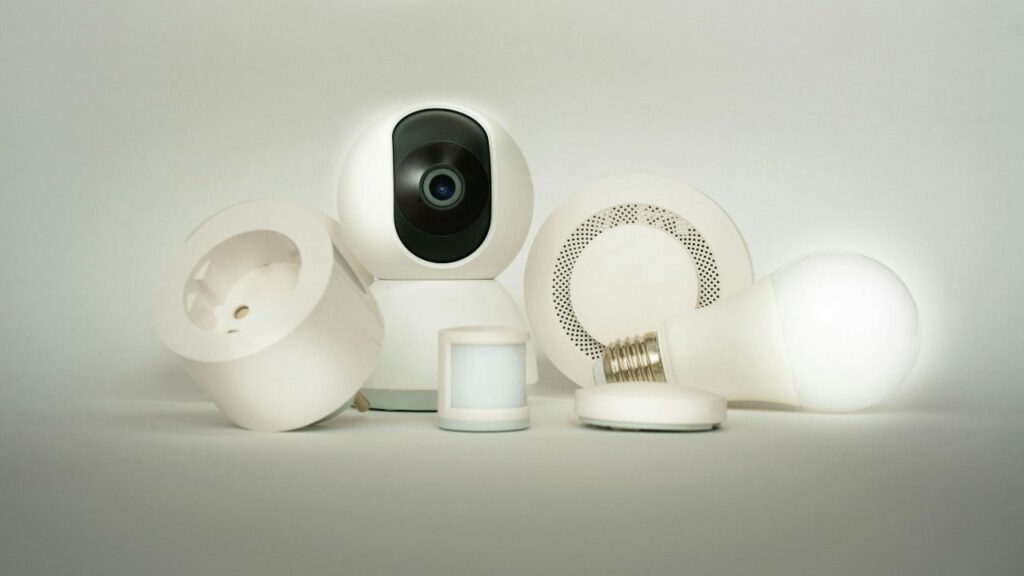
Are Your Smart Home Cameras Spying On You? Study Reveals Shocking Data Grabs
As we continue to integrate more smart devices into our daily lives, it’s essential to be aware of the potential risks associated with these technologies. The rapid rise of IoT (Internet of Things) technology has transformed the way we live and interact, but without proper rules in place, companies might prioritize profits over user safety.
Kurt Knutsson, a renowned tech journalist, warns that many smart home cameras are collecting more data than they actually need to function properly. This excess data can be sold to third-party companies or used to target users with ads, raising concerns about privacy and data protection.
To minimize these risks, Kurt advises adjusting the settings within most security system apps. He highlights several key steps:
1. Disable location tracking: Many smart home devices rely on geofencing, which tracks your device’s proximity to your home. Disabling this feature can help prevent your location data from being collected.
2. Limit video storage: Cloud-based video recording is a common feature in many security systems. However, you can adjust the app settings to restrict how long footage is stored or automatically delete it after a certain period.
3. Adjust device permissions: Review and customize the permissions for devices like cameras and smart locks to limit data collection. For instance, disable audio recording if it’s not necessary for your security needs.
4. Control third-party data sharing: Your security company may share data with third parties. It’s crucial to check the app settings and disable any features that allow your data to be shared beyond their ecosystem.
By proactively managing these settings and using a VPN, you can significantly reduce your exposure to potential privacy risks associated with smart home devices.
It is essential to remember that smart home cameras are just one aspect of a broader IoT landscape. When considering the purchase or use of any smart device, it’s crucial to weigh the benefits against potential privacy concerns.
Original Article
Source: www.foxnews.com


